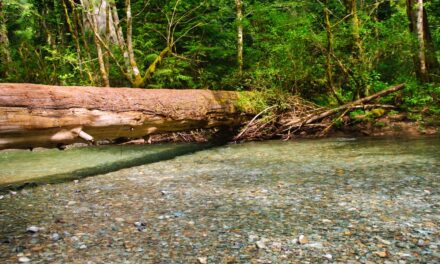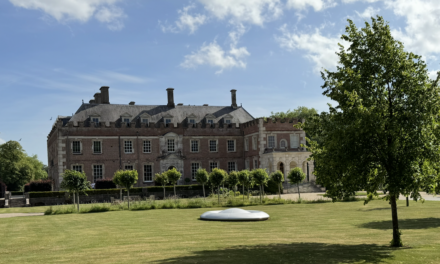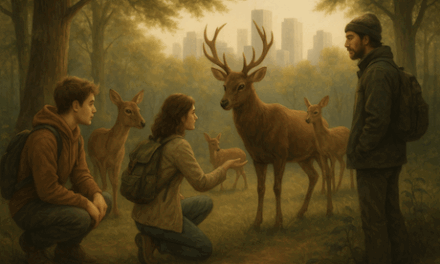We are an adolescent species facing our first adult choice.
For 10,000 years—the entire span of the Holocene—humanity has been in a growth phase. We’ve expanded, experimented, pushed boundaries, and tested limits. This wasn’t accident or error. Biology gave us the drive: accumulation as an adaptive response to scarcity. It gave us the capacity: symbolic intelligence to abstract, plan, and scale. The Holocene gave us the stage: unprecedented climatic stability, the longest such window since homo sapiens first appeared.
We used it brilliantly. Agriculture, cities, writing, philosophy, science, technology—each built on the last. We developed extraordinary power in an amazingly short time (by cosmic timescales).
But what works at one scale becomes pathological at another.
The growth phase has hit its limits. Ecological overshoot. Resource depletion. Climate destabilisation. Social fragmentation. These aren’t separate crises—they’re symptoms of a single pattern. We’re still running the accumulation program that got us here, but the context has changed. What was adaptive in scarcity becomes destructive in complexity.
This is a developmental moment, not a moral failure. Adolescence isn’t bad—it’s necessary. The drive to grow, to test boundaries, to show identity through opposition to limits: these are features, not bugs. Every healthy system goes through this phase.
But healthy systems don’t stay there.
Maturation is the next move. Not regression. Not going back to some imagined past. Growing up means integrating power with wisdom, redirecting our extraordinary capacities from extraction to participation, from override to attunement, from dominance to stewardship.
Some societies figured this out. Many Indigenous cultures embedded restraint, reciprocity, and regeneration into their systems. They aren’t blueprints to copy wholesale—contexts differ. But they’re living proof that mature relationality is possible, that humans can build civilisations around regeneration rather than depletion.
The principles are clear:
- Personal transformation: cultivating awareness, restraint, and right relationship
- Community building: strengthening reciprocity and mutual aid
- Institutional redesign: restructuring systems to serve life rather than accumulation
- Cultural renewal: telling different stories about what it means to thrive
These aren’t four separate tracks. They’re interwoven practices, each reinforcing the others.
The window is narrowing. Developmental moments don’t stay open indefinitely. Miss them, and systems reorganise around damage. We still have agency—we can still choose maturation over collapse—but the choice is becoming more urgent.
This isn’t about guilt or blame. It’s about recognition. We’ve reached a threshold that every complex system eventually faces: continue the same patterns and collapse, or transform and adapt.
Biology brought us here. The Holocene gave us the opportunity. Symbolic intelligence gave us unprecedented power.
Now comes the adult question: What will we do with it?
Humanity’s great work—our species-level task for this century—is to consciously choose maturation. To redesign our economic, political, cultural, and personal systems so our capacities serve life rather than override it.
Not by abandoning what we’ve built, but by evolving how we build.
Not by retreating from complexity, but by learning to take part in it.
Not by going back—but by growing up.
Together.
While we still can.
Terry Cooke-Davies
20th October 2025






